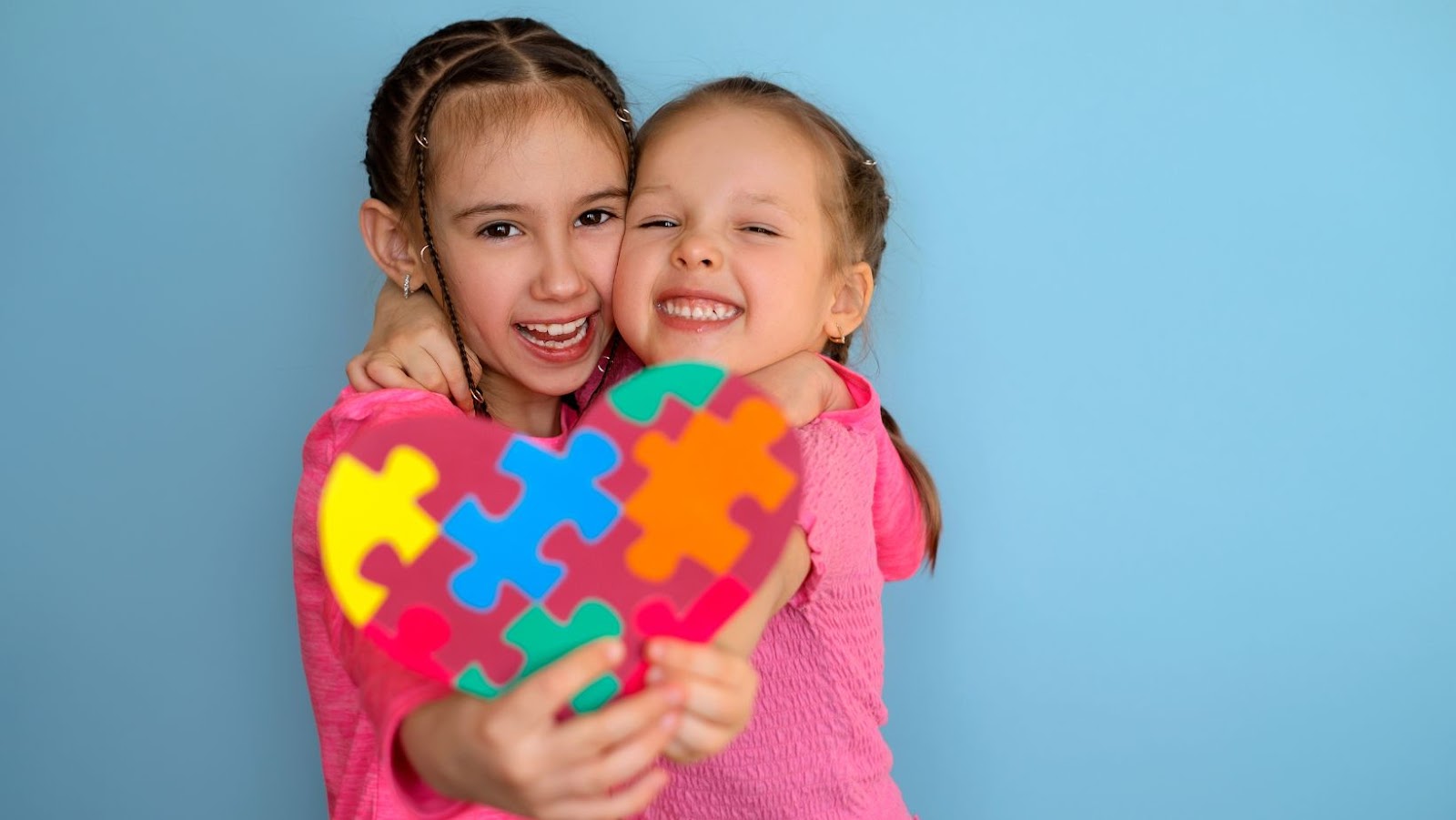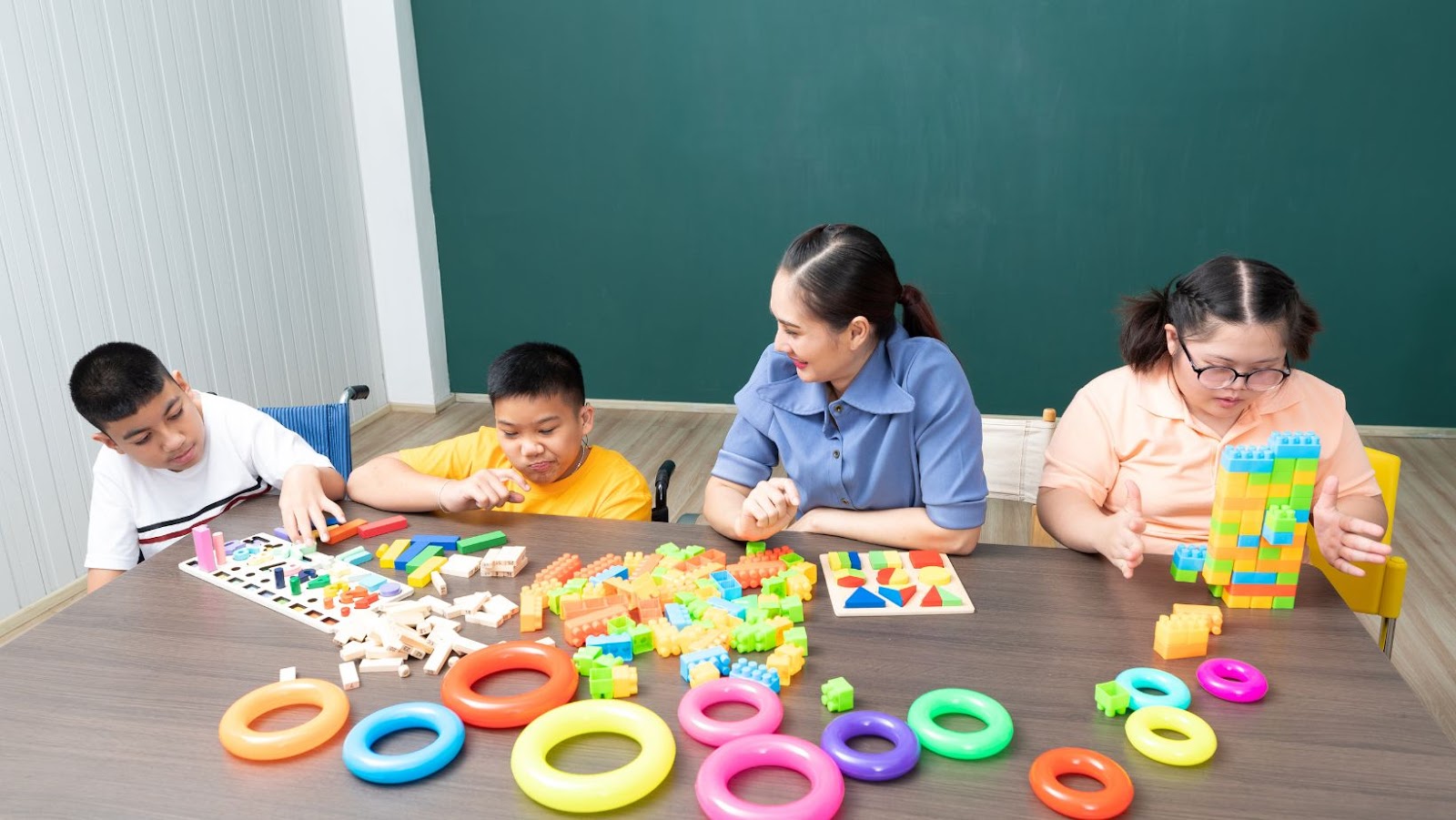In addition to overall physical and mental well-being, sports can encompass heightened enthusiasm, healthy competitiveness, and strong friendship. Engaging in sports cultivates physical and mental benefits in children through skill development, confidence building, and social interaction.
However, children with Autism Spectrum Disorder (ASD) and their parents are most liable to encountering challenging and frustrating obstacles within a team sports context. Elevated levels of social engagement, increased noise levels, and nonverbal communication demands could be potentially stressful for children with autism, who may already find difficulty navigating various everyday tasks.
For parents, providing flexible and understanding support to a child with autism is always paramount. In addition to providing fundamental support in social sporting circumstances, it is vital to ensure a child has all the necessary supplies, which can be expensive. First, carefully evaluate which sports are most conducive to the needs of children with autism – this will be analyzed below. Second, take advantage of coupons for pureed foods at carewell.com, and consider preparing a ‘survival pack’ with vital foods for energy, first aid supplies, and any medicines your child requires.
Numerous sports are available for children with ASD – this article will discuss the five best sports for kids with autism and why they benefit your children.
5 Ideal Sports for Children With Autism
Most sports are inherently team games. However, many sports have reduced social elements and may be suitable for a child with autism, significantly complementing their needs and mitigating stress.

i. Golf
Golf and ASD can complement one another through problem-solving and coordination. Golf is a relatively peaceful sport that requires concentration in typically quiet surroundings, rendering it ideal for those easily disturbed by noise.
ii. Cross-country/Track Running
Running is an effective means of burning calories and improving fitness. Moreover, it can be performed either independently or in groups. Cross-country and track running offer greater possibilities for autistic children as they provide a sense of community whilst enabling each participant to progress at their own pace.
iii. Swimming
Swimming is a holistic form of exercise that can be adjusted to any fitness level. Additionally, swimming is a low-impact sport that provides a manageable level of socializing.
iv. Tennis
Tennis is an ideal activity for children with ASD that involves split-second choices, hand-eye coordination, and strategic planning. Tennis also teaches discipline through its requirement to remain calm and concentrate.
v. Bowling
Bowling is an effective alternative for children with ASD due to its slower pace. Similar to swimming, bowling can be adapted for different levels of socializing – for example, consider private bowling alleys for those who are easily overstimulated.

The Importance of Sports and the Benefits They Provide
Sports can benefit children with ASD in innumerable ways. This article has summarised the benefits:
Improved Coordination
Coordination is the ability to employ your body parts accurately and efficiently in tandem. Sports require the use of numerous muscles and joints concurrently, which improves your coordination. The enhanced coordination required in sports can be invaluable for children with ASD who struggle with fine and gross motor skills. In addition to developing muscles, sports can assist in strengthening joints, minimizing potential issues.
Self-confidence
Engaging in sports is generally agreed to increase self-esteem. This is particularly valuable for autistic children, where establishing and achieving modest yet significant incremental goals is possible. Their self-confidence will develop with each accomplishment, better preparing them to encounter future life obstacles.
A Sense of Belonging
Autism can make it challenging for children to interact with their peers. Depression and anxiety are common associative conditions as a consequence of social isolation. However, athletics can assist a child with ASD to interact with others by learning to work as a team and build confidence within an accepting community.
Improves Social Skills
Navigating social relationships can be exceptionally challenging for children with ASD. As previously mentioned, participating in sports can build the social skills required to engage with others through communication, collaboration, and mutual appreciation.








